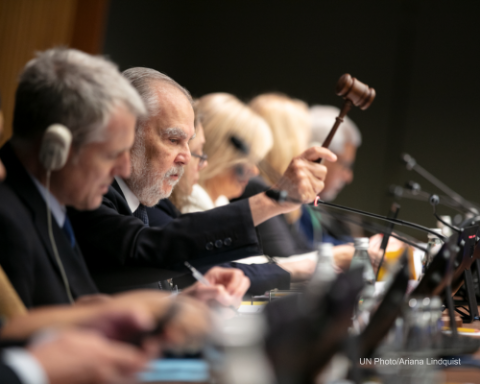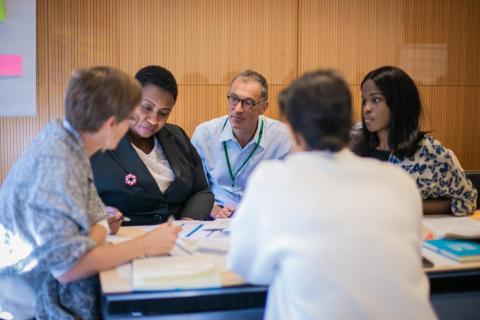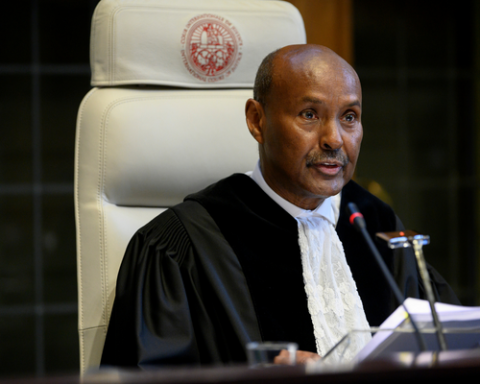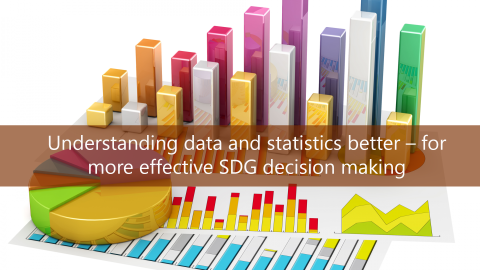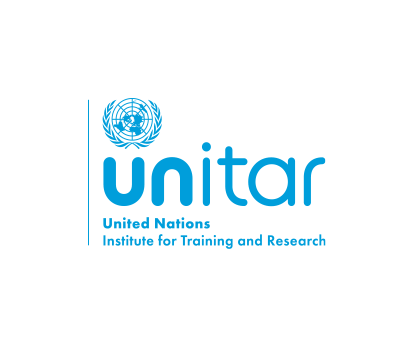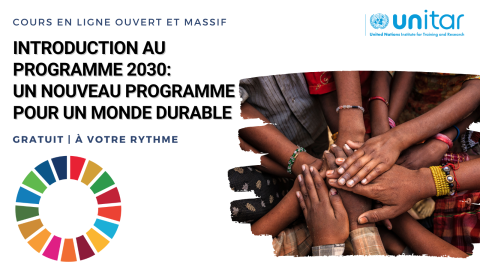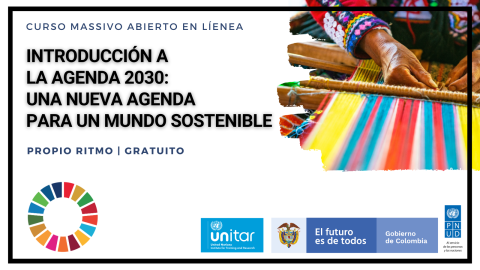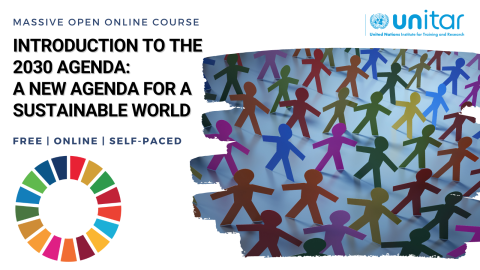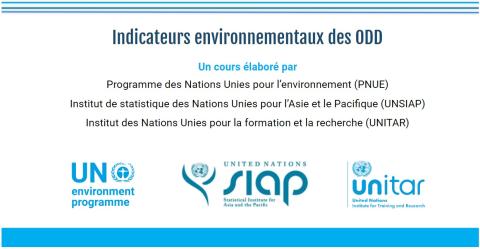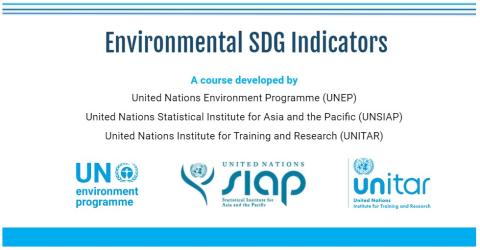12 来自总数为 69 的账单
-
Open-registration event
E-learning
开放注册/申请
-
Open-registration event
E-learning
关闭新注册
-
Application-based event
Blended
关闭新注册
-
Événement en inscription ouverte
Formation en ligne
开放注册/申请
-
Open-registration event
E-learning
开放注册/申请
-
Événement en inscription ouverte
Formation en ligne
开放注册/申请
-
Open-registration event
E-learning
开放注册/申请
-
Open-registration event
E-learning
开放注册/申请
-
Événement en inscription ouverte
Formation en ligne
开放注册/申请


